What Goes into the Compost Bin

Composting is a great way to make your trash useful. By turning our kitchen and garden waste into compost, we are not just cutting down on garbage, we are creating gold for our gardens. This natural process recycles various organic materials, allowing us to enrich our soil without the use of chemical fertilizers.
A compost bin is where you put your organic waste so it can turn into compost. Using a compost bin helps to make the whole process easier, and neater and helps your waste turn into compost more quickly.
But, navigating what can and cannot be tossed into this magical box can get a bit tricky. Not to worry, let’s simplify it together.
What Goes in the Compost Bin?

Wet Materials: These are nitrogen-rich materials, which are also called “Green Materials”. These materials provide the required moisture and nitrogen for microorganisms to break down organic matter. All your fruit and vegetable peels, egg shells, corn cobs, fresh grass clippings, garden weeds (if they have not gone to seed), hedge clippings and plant clippings can go here. You can also add coffee grounds and tea bags (Remove staples) as they add a bit of caffeine kick to the mix (just kidding about the caffeine).
Dry Materials: Then we have the “Brown materials” – the carbon-rich dry materials. Think of them as the fibre in the diet of your compost bin. They include yard waste like dry leaves, straw and shredded paper. Browns create the necessary air pockets in the pile, allowing oxygen to circulate and feed the composting process. Without them, your compost could turn into a soggy, smelly mess.
What Doesn’t Go?
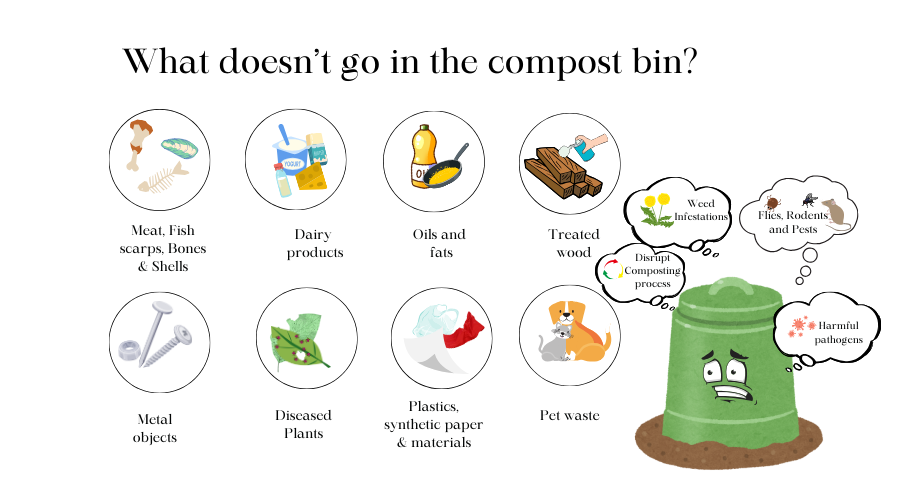
While the composting bin is pretty accommodating, there are certain guests it can’t entertain. To prevent contamination, odour issues and attraction of pests, some items are better left out of the composting party.
Meat, Fish, Bones, Dairy products and eggs: These can attract unwanted visitors and emit foul smells. But you can add eggshells. It is rich in calcium. But remember to wash, dry and crush before adding it to the compost bin.
Diseased Plants: Introducing these to your compost can spread disease back to your garden.
Pet Waste: Can introduce harmful pathogens.
Debris from Black Walnut trees: Contains juglone, which can be toxic to plants.
Plants or wood treated with pesticides or Preservatives: The chemicals can leach into your compost and eventually your garden.
Coal and Charcoal Ash: Can contain harmful substances.
Some of the other stuff to avoid when composting are used Synthetic soaps and fabrics, vacuum cleaner contents and dryer lint, feminine hygiene products, diapers and human feces.
Wrapping it up
By sticking to these easy guidelines, you’re not just making less trash; you’re also creating something amazing for your garden. Plus, it’s pretty cool to see your leftovers turn into something that helps plants grow.
So, why not give it a try? Your garden (and the planet) will thank you. Happy composting!
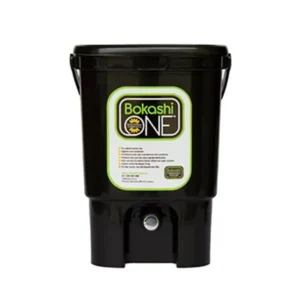
Bokashi One Kitchen Compost
2 reviews $98.00FAQs
Aim for a ratio of about 3:1, browns to greens, to ensure a good balance between carbon and nitrogen.
Citrus peels and onions can be composted but add them sparingly. Their acidity might slow decomposition and bother worms in worm composting systems.
Cover fresh kitchen scraps with a layer of browns like soil, dried leaves, or shredded newspaper to reduce flies.
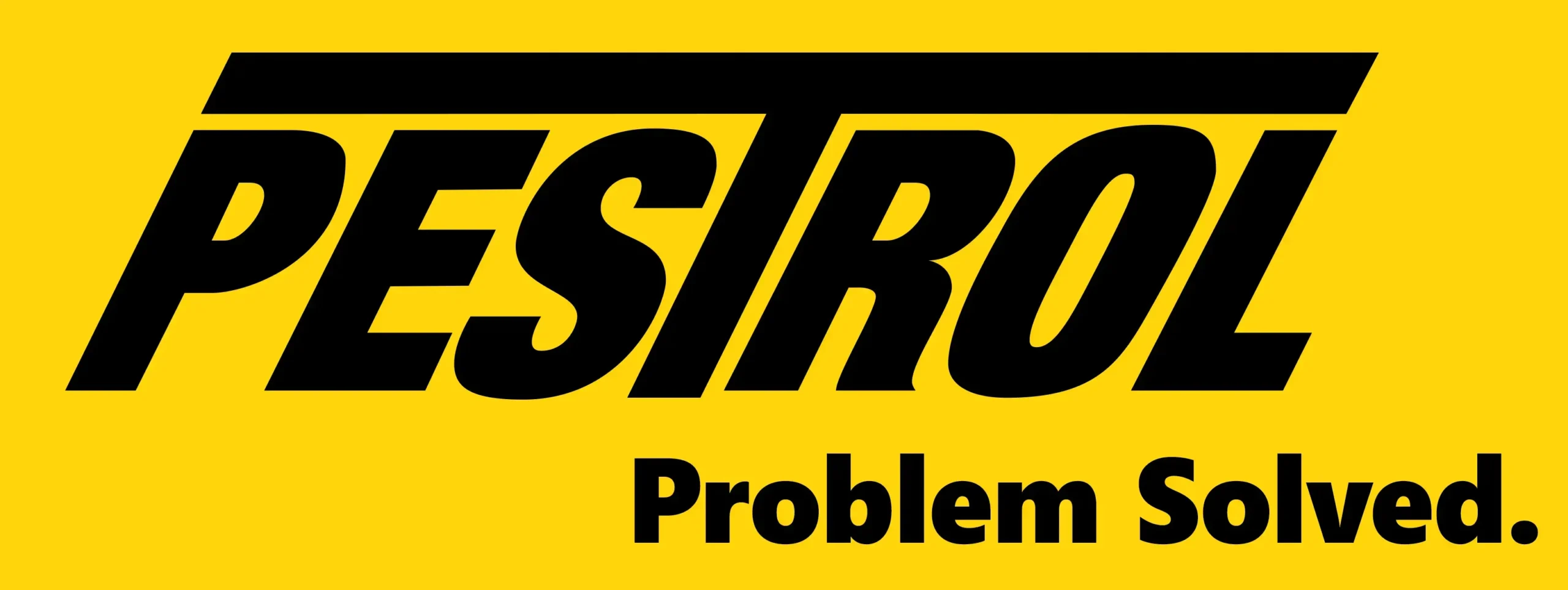
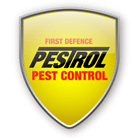



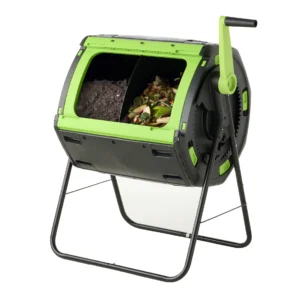
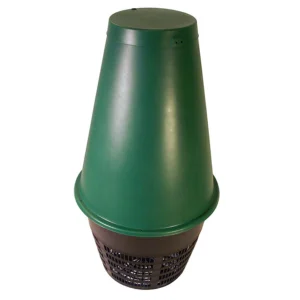
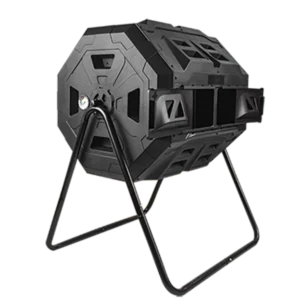
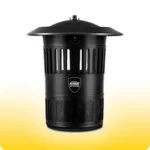 Mosquito Traps
Mosquito Traps